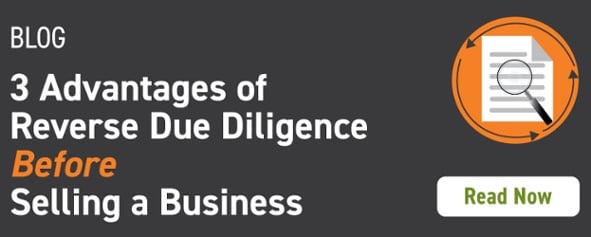The Answer: It depends. Each sale is unique. Sorry, this is probably not the simple answer you were hoping to read. Below are some general questions you should ask yourself when selling your farm.
Question 1: What am I selling?
Each type of asset sold in a farm may be treated differently for tax purposes. The following assets are typical of a farm:
- Personal Residence: If you have been actively farming the farm, then you most likely live there. This portion of the gain is not taxable so long as you meet the requirements for sale of your home, such as having resided there two out of the last five years. Assuming you qualify, this gain is TAX-FREE. (Maximum $500,000, for Married Filing Jointly)
- Land (1231 Property): Land, since it is not depreciated, is considered 1231 property and is thus subject to capital gain tax rates. Capital gain tax rates are currently 0%, 15%, and 20% depending on your ordinary tax rate bracket.
- Single-Purpose Farm Buildings (1245 Property): Most farmers have buildings for a specific purpose or a single-purpose. 1245 Property is subject to your ordinary tax rate.
- Other Buildings (1250 Property): Buildings that are used for multiple purposes, or have never been Section 1245 property. Usually, 1250 property is depreciated using a form of straight-line. Therefore, you would have “Unrecaptured Section 1250 Gain” which is taxed at a maximum rate of 25%, to the extent of any gain realized.
Question 2: How much do I allocate to each type of asset?
There is no exact science on this. No two farms are exactly alike, so you may want to look at the following to help you determine the value of each type of asset:
- Appraisal
- Property Assessment Values
- Original Allocation When you Purchased the Farm
- Other Sales Around the Area
Whatever method you use to determine value, does it make sense? You may want to review this with your tax advisor, as well.
Question 3: How do I report my farm sale?
You can report the sale in the year of the transaction. However, there are other options that may be available, such as:
- Installment Method: This is a sale of property where you receive at least one payment after the tax year of the sale. The advantage of an installment sale is that you can spread the gain of your sale over several years and report gain based on the payments received during the tax year. However, any depreciation recapture under section 1245 or 1250 that is taxed as ordinary income is to be reported in the year of the sale, even if no payments have been received.
- Like-Kind Exchange (Section 1031): No gain or loss is recognized. Any gain or loss or loss realized, but not recognized, adjusts the basis of like-kind property received in exchange. It is important that if you consider doing a like-kind exchange, you contact your tax advisor and attorney so that proper procedures are followed, and therefore, the sale of one property in exchange for another qualifies as a Like-Kind Exchange in the eyes of the IRS.
Question 4: Am I subject to the 3.8% Additional Medicare Tax on the gain of the sale?
That depends. In most cases, farming is a trade or business. If you are actively participating in the operation of the farm, then you would not be subject to the tax. Check with your tax advisor if you are unsure if you meet the requirements.
Question 5: What next?
This is only the tip of the iceberg. This by no means encompasses all that is involved in a farm sale, but it is food for thought. There are many other questions, such as:
- Are there rules I should know about how my state treats capital gains?
- If there are tax consequences to the sale, how much should I keep on hand for paying the taxes?
If you are considering selling your farm, we recommend reaching out to your tax advisor and/or attorney BEFORE the sale actually takes place. To review the gains related to your situation and come up with a plan that suits you, complete the form below to start a conversation with us or call 717-569-2900.






